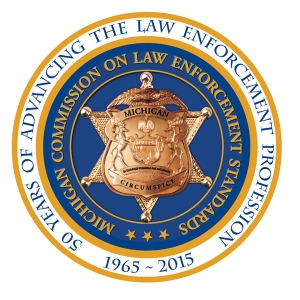I had the honor to attend the Christmas party for my agency which I retired from many years ago. The party was sponsored by the command and patrol unions. It was great seeing other retirees as well as the current officers some I don’t really know , how time passes so quickly.
The party is also used to present the previous years awards. I am constantly amazed and proud to hear the deeds of honor, courage, selflessness and outstanding police work. There were awards of officers putting themselves in harms way wrestling with an armed man, going the extra mile in following up on investigative leads to solve a crime and many more. As this is my agency I was also aware of deeds not awarded such as the officers caring for a baby that was dropped off at the station, obtaining diapers and food until protective services arrived and purchasing and handing out bottles of water to citizens during extreme heat this past summer.
This is not a story about my agency which is the Garden City Police Department but about all of Michigan Law Enforcement. My job takes me across this state and allows me to interact with many agencies and officers and I see this kind of dedication regularly. Garden City is one of approximately 590 agencies in our State and whose officers perform these acts daily. What occurred to me at this awards ceremony is that the stories I was hearing I have heard before in years past. The only change is the names and these officers are continuing the great tradition of law enforcement that we have come to expect and many times take for granted.
These officers are to commended even further as despite the reductions in their pay, retirement and healthcare they continue without hesitation to perform at exceptional levels. They do so despite the negativity portrayed in the media and despite the rise in attacks on them. While my generation faced some of this it was not to the levels of today. I am so proud of this generation of officers who many were rookies working for me years ago. They have become the senior officers and commanders who are setting the standard for the future.
I left that ceremony so very proud of our men and women in law enforcement, not only Garden City but in every jurisdiction. They continue the tradition of excellence and in many ways raise the bar of expectations for our future.
